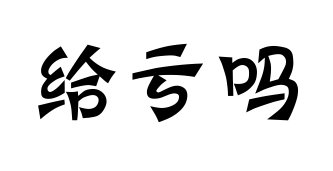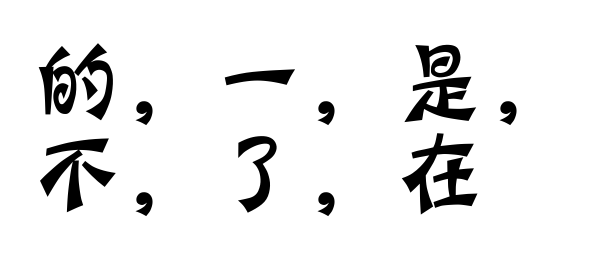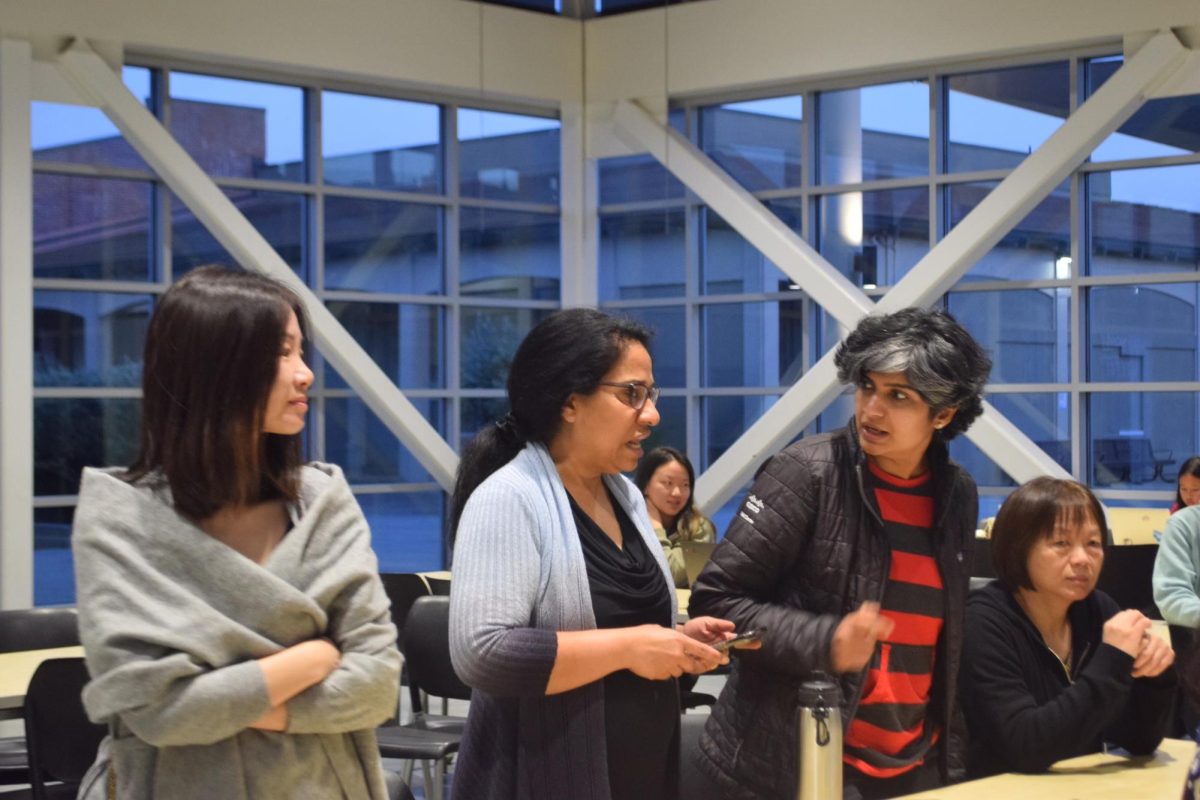earning a new language is generally a difficult barrier for people to overcome. Oftentimes, it requires years of practice and trial and error to become somewhat fluent in the dialect. What can sometimes help kickstart this process is a list of basic words and phrases for newcomers to know.
We sat down with four members of CHS and asked what phrases they thought were vital in order to be able to navigate a Chinese speaking environment.
Decoding romance

Sophomore Amber Hu
“One very common thing is, gěi kuī ma. When you want to hit up someone and ask them if they are single, you say gěi kuī ma? I don’t know if Chinese people say it, but Taiwanese say it. It means, ‘are you single?’. They say bǎo bǎo (baby) [too]. Like ‘bǎo bǎo xià sǐ le’ (You scared baby to death) or ‘bǎo bǎo shēng qì le’ (baby is getting angry). Girls say it so it’s more a way to act cute [by referring] to themselves as babies.”
The first 500

Junior Bill Tan
“Online, if you Google it, there’s a list called ‘The Essential 500 Words’. That’s most of the words you need to read a newspaper, to be honest. For the most part of Chinese, you don’t need to know every word. Just like when you’re reading English, you can just know the basic [verbal] landmarks. You don’t need to know the adjectives or fancy adjectives like that.”
Eating well

Junior Nathan Wong
“There’s a Chinese term for this [the importance of eating] called mín yǐ shí wéi tiān (Food is the god of the people), which means you treat food as the most important . . . I think if you learn to say what to eat and how much you want, that will be the most important thing for Chinese people learning to speak Chinese.”
Private business

Junior Cheryleen Luo
“I want to go to the bathroom (wǒ yào qù cè suǒ) or ‘wǒ dù zi è’ means I’m hungry.. It’s just like basic terms [that everyone should know].”








